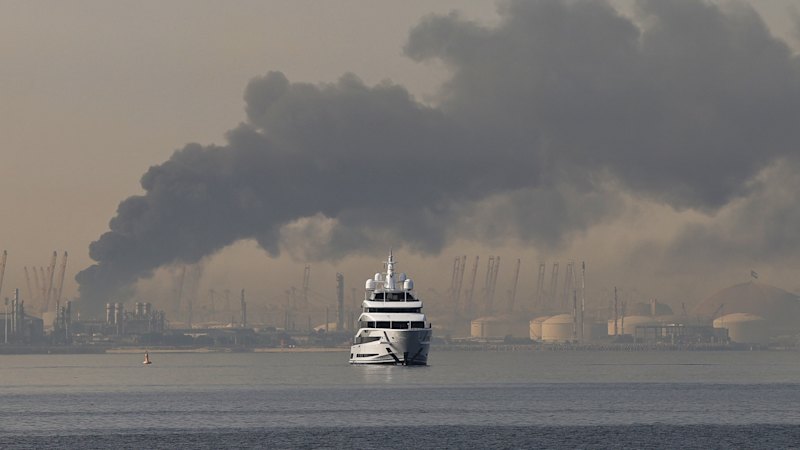
A growing number of individuals are experiencing what experts term “purpose anxiety,” a condition characterized by the stress of searching for life’s meaning. This phenomenon raises important questions about the societal pressure to identify a singular purpose and the impact this pressure has on mental well-being.
According to Michael Steger, a professor at Colorado State University and director of the university’s Centre for Meaning and Purpose, there is an abundance of advice encouraging people to “find your purpose.” However, he notes that the support needed to navigate this journey is often lacking. Many feel overwhelmed by the expectation to discover their purpose, prompting feelings of inadequacy or fear of not living up to societal standards.
Defining purpose can be complex and subjective. It raises inquiries about whether a person can have multiple purposes or if it must involve serving others. Some may find meaning in personal fulfillment alone, while others look for ways to contribute to society.
Todd Kashdan, a professor at George Mason University and founder of its Well-Being Laboratory, suggests rethinking the concept of purpose. Instead of viewing it as a rigid directive, he proposes treating it like a compass—an instrument to guide one’s energies towards a central life aim. This perspective can help bridge the gap between one’s current self and the ideal self they aspire to become.
Kashdan emphasizes that people can lead fulfilling lives without explicitly defining their purpose. The pressure to articulate a singular life aim can, in fact, contribute to greater anxiety. A flexible understanding of purpose allows individuals to explore various interests and passions without the fear of failure or inadequacy.
As the conversation around mental health continues to evolve, recognizing the nuances of purpose may lead to healthier approaches to personal development. Rather than imposing a universal standard, encouraging individuals to explore what brings them joy and fulfillment could alleviate some of the burdens associated with searching for meaning.
In a world filled with competing demands and expectations, fostering an environment where diverse definitions of purpose are accepted may be key to enhancing overall well-being. This shift could not only reduce anxiety but may also empower individuals to embrace their unique paths in life.







